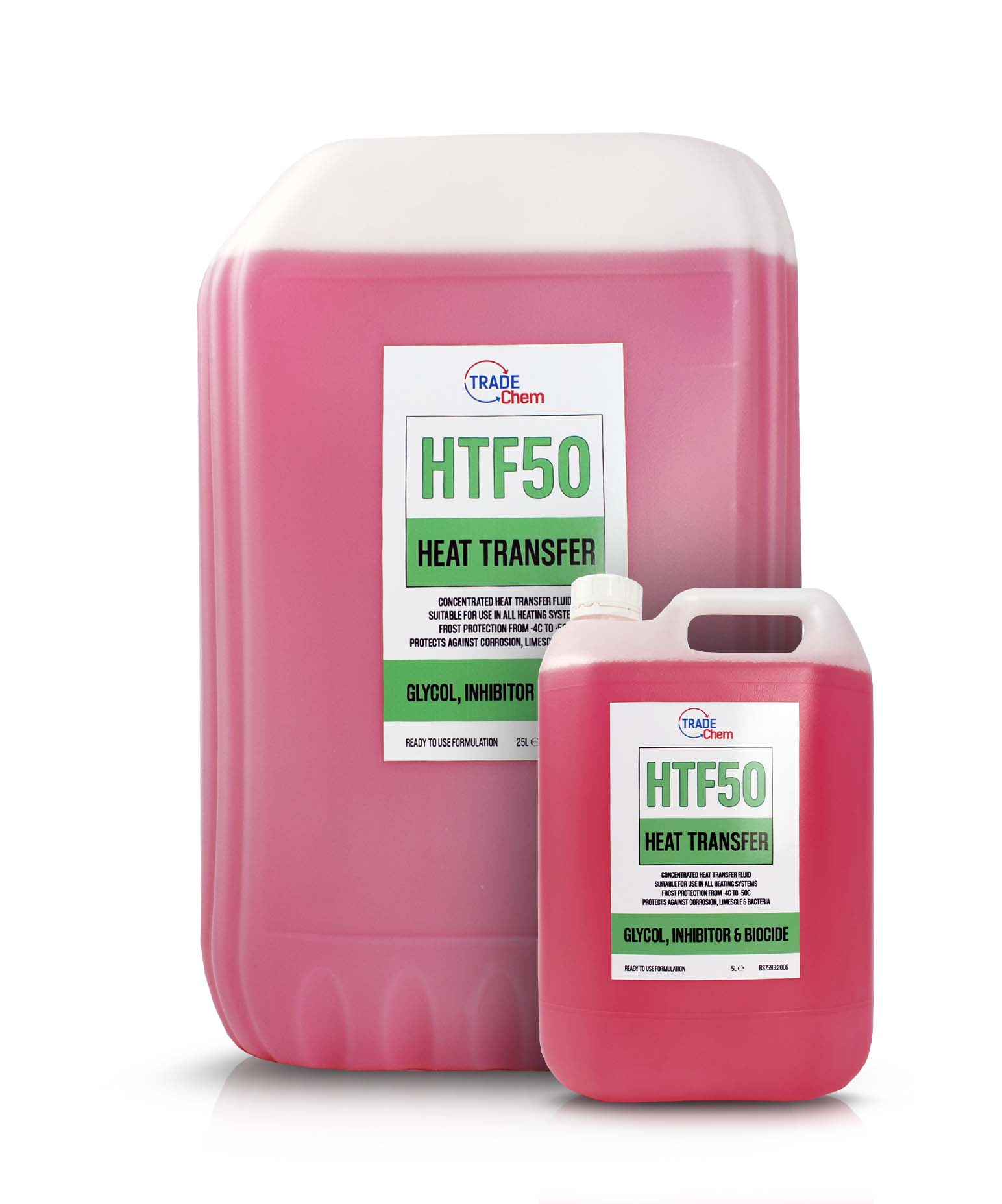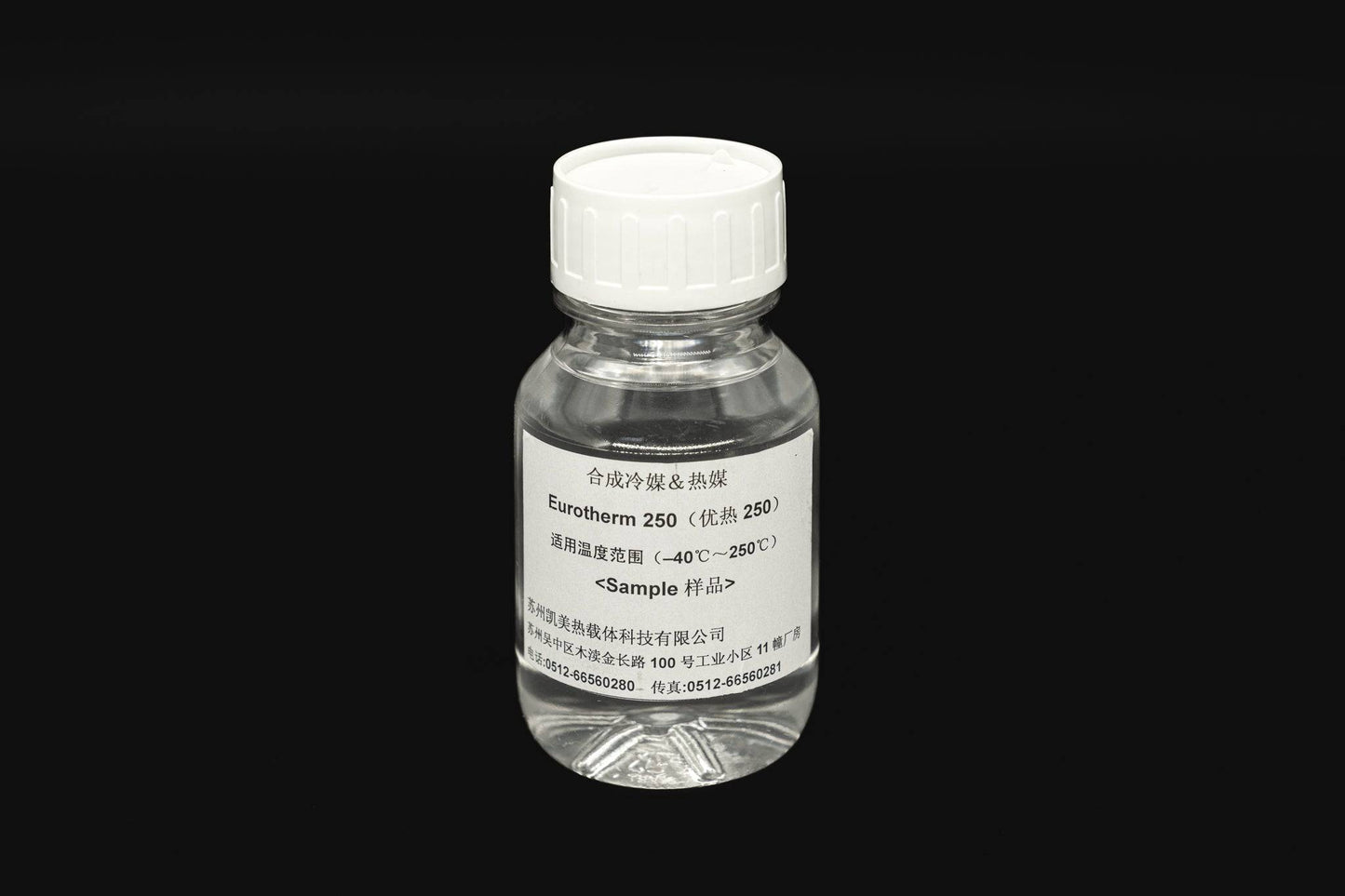The Relevance of Thermal Stability in Heat Transfer Fluid Option
The Relevance of Thermal Stability in Heat Transfer Fluid Option
Blog Article
Why Heat Transfer Liquid Is Very Important for Optimizing Energy Transfer in Solution
The duty of heat transfer liquids in maximizing power transfer is critical for achieving reliable thermal administration throughout different commercial fields. These liquids help with seamless heat exchange, guaranteeing procedures run within optimal temperature level varieties and reducing the threat of overheating.

Function in Thermal Administration
Warmth transfer fluids play a critical role in thermal administration by successfully managing temperature levels in various commercial processes and systems. These specialized fluids promote the transfer of heat in between various parts, making certain optimum operating problems and preventing overheating. By maintaining precise temperature control, warmth transfer liquids make it possible for markets such as chemical production, oil and gas, and power generation to run safely and efficiently.
The selection of a proper warmth transfer fluid depends upon numerous factors, consisting of thermal security, warm capability, and thickness. High thermal security ensures that the fluid can hold up against severe temperature levels without weakening, while a high warmth capacity enables it to absorb and launch substantial quantities of heat - heat transfer fluid. Reduced viscosity reduces the power required for pumping, adding to overall system effectiveness
Furthermore, warm transfer fluids are important in applications like refrigeration, where they aid take in and dissipate heat during the cooling cycle. In solar thermal power systems, these fluids capture and transportation solar warmth to generate electrical power or offer warm water. Their versatility to diverse operating problems and capability to maintain consistent thermal efficiency emphasize their value in industrial thermal management, assisting in operational connection and improving precaution.

Enhancing System Efficiency
To maximize the benefits of thermal administration, enhancing system performance via the calculated usage of warmth transfer liquids is vital. By maintaining optimum temperature level degrees, warmth transfer fluids help guarantee that systems operate within their made specifications, thereby protecting against overheating and minimizing the risk of part failure.

Kinds of Warm Transfer Liquids
The variety of heat transfer fluids emphasizes their crucial function in a variety of industrial applications, each tailored to fulfill certain thermal management needs. These liquids help with effective energy transfer and are chosen based upon crucial buildings such as thermal security, thickness, and heat ability. The main kinds consist of water, glycol options, oils, and synthetics, each offering unique benefits.
Water is the most usual warmth transfer medium due to its high particular warmth capacity and low expense. Mineral oils are favored for their thermal security and non-corrosive nature, making them ideal for high-temperature applications.

These liquids Extra resources make certain exceptional efficiency in systems where traditional liquids may stop working. The choice of a warmth transfer fluid is important, as it affects system efficiency, security, and longevity.
Environmental and Economic Advantages
Using the ideal heat transfer fluids supplies considerable ecological and financial benefits for industrial operations. Eco friendly warmth transfer fluids, often naturally degradable and safe, reduce the danger of dirt and water contamination in the event of leakages or spills, thus safeguarding communities and complying with rigid environmental guidelines.
Financially, the appropriate warm transfer fluid can dramatically decrease functional expenses. Fluids with prolonged lifecycle efficiency lower the regularity of substitutes and upkeep, decreasing downtime and associated expenses. On the whole, the calculated usage of optimum heat transfer liquids supports lasting economic development and ecological stewardship.
Choosing the Right Liquid
Exactly how does one browse the complex procedure of selecting the appropriate warmth transfer fluid for industrial applications? Selecting the ideal liquid is click for more info crucial, as it straight influences system efficiency, security, and functional prices. Trick considerations consist of thermal stability, compatibility with system products, and operating temperature level range. Thermal stability ensures the fluid can hold up against heats without breaking down, while compatibility stops rust or various other destructive reactions with system parts. The operating temperature level array need to line up with the system's great post to read needs to maintain performance and long life - heat transfer fluid.
In addition, the liquid's warm capability and thickness are vital. A high heat capacity permits the liquid to soak up and move even more power, boosting effectiveness.
Conclusion
The critical option and application of warm transfer liquids are basic to optimizing energy transfer throughout different systems. By guaranteeing high thermal security and capability, these fluids give specific temperature control and boost general system effectiveness. This optimization adds to decreased functional prices and reduced greenhouse gas emissions, hence advertising sustainability. The selection of fluid, tailored to certain viscosity and functional needs, is vital for making best use of efficiency and attaining financial and ecological advantages in industrial procedures.
Report this page